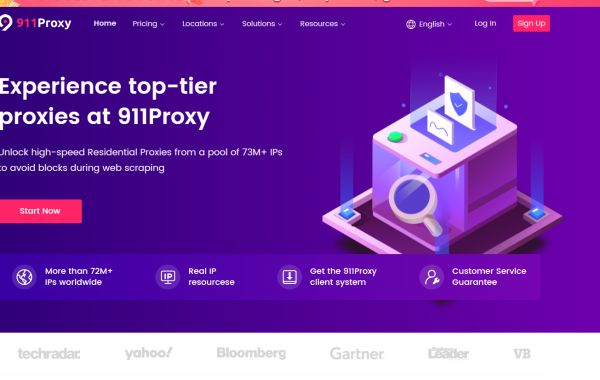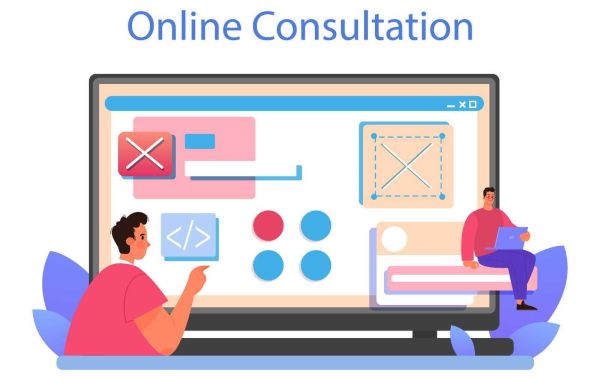Buying a house is a major commitment and takes time to complete. The mortgage process can take up to 90 days or longer because there are a lot of steps involved. To make it easier, especially for first-time homebuyers, it’s helpful to understand what to expect. Below, we’ll walk you through the essential steps to get your new home loan.
8 Easy Steps to Getting Your Home Loan
To get a mortgage loan and and become a new homeowner, follow these 8 steps.
1. What Can You Afford? Let's Find Out
Before diving into the mortgage process, take a good look at your finances to make sure you're ready to buy a home. It's crucial to know if you can afford the new monthly mortgage payment along with homeowners insurance, property taxes, and other ongoing expenses. A home affordability calculator is a great tool to help you understand what home price is within reach.
2. Find Your Lender and Get Pre-approved
Getting pre-approved for a mortgage shows how much a lender is willing to lend you. They calculate this amount by looking at your income, credit history, assets, and credit score. Pre-approval can make you more attractive to home sellers and real estate agents because it shows you’re ready to move forward with the mortgage loan process.
3. Find Your Ideal Home and Make an Offer
Now comes the fun part—house hunting! Look at homes that fit your criteria and ask your real estate agent for help. Once you find the perfect home, put in an offer and submit your earnest money deposit to secure it.
4. Choose Your Mortgage Lender and Wrap It Up
After your offer is accepted, it’s time to choose a mortgage lender. Shop around with different lenders to find the best interest rates and fees for your specific loan. Remember, your interest rate depends on your mortgage application and the type of loan you’re applying for, like VA loans or FHA loans, which often have more competitive rates. Make sure to ask lenders detailed questions about what they offer.
5. Complete and Submit Your Mortgage Application
Once you've selected a lender, fill out the mortgage application. Submit all the necessary documents, and within a few days, you'll receive a Loan Estimate outlining the terms, rates, and fees of your home loan.
6. Proceed with Mortgage Underwriting
During underwriting, your lender reviews your application and verifies your income, assets, debt, and property details. Once this is done, you'll get final approval on your loan application. You might need to provide additional documents if the lender has any questions.
7. Get Ready for Your Down Payment and Closing Costs
Get ready for your down payment and closing costs. You’ll need proof of homeowners insurance, which you'll find in the Closing Disclosure received after underwriting. Bring the cash needed for your down payment, closing costs, and any other fees to the closing meeting.
8. Get Your New House Closed
The final step is attending your closing meeting. Here, you’ll sign all necessary documents and can ask any last-minute questions. This meeting is usually conducted by a closing attorney or title company, though e-closings are an option too. Once everything is signed, you’ll get the keys to your new home and can move in!
See What You Qualify For
Mortgage Loan Process FAQs
The mortgage process can raise numerous questions for homebuyers. Here are some frequently asked questions:
When should I start applying for a mortgage?
Start the mortgage loan process as soon as you meet the financial requirements to buy a house, including having a good credit score, a suitable debt-to-income ratio, and the minimum down payment. Make sure you’re mentally prepared for this transition too.
How Quickly Can You Get a Mortgage?
It varies, but if everything goes smoothly, you can expect to get your mortgage in about 1 – 2 months.
Lender processing: what is it?
Lender processing entails the mortgage lender managing all necessary documents and information to confirm your loan qualification.
When you apply for a mortgage loan, what does the lender look for?
Lenders look at your income, debt-to-income ratio, credit score, assets, employment history, and the property type to decide if you’re a good candidate for a mortgage loan.
From Underwriting to Closing: How Long Will It Take?
The underwriting process can span from a few days to several weeks. Once it’s complete, you’re cleared to close on your loan, which usually happens a few days later.
When Will I Know My Mortgage Is Approved?
You’ll get a call or an email from a loan officer letting you know your mortgage loan is approved.
What's Next After My Mortgage Gets Approved?
After approval, the closing process begins. You’ll pay fees, sign documents, and receive the keys to your new home.
How Long Until You Can Close on a House?
The complete closing process takes approximately 30 to 45 days, while the closing meeting itself lasts just a few hours.
Reasons for Mortgage Processing Delays
Delays can happen due to missing documentation, title issues, negotiations with the seller, appraisals, inspections, or necessary repairs.
The Bottom Line: Get Ready for These Mortgage Process Steps To Become A Homeowner
Understanding what to expect can streamline the mortgage process. Conduct your research and rely on your real estate agent as a resource to ensure a smooth experience and prevent any potential issues.
Ready to own your own home? Start your mortgage application with our mortgage processor today. And be sure to check out our "About Us" page to learn more.








